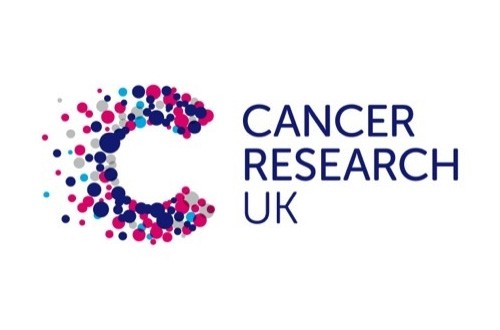
A new UK biotech, Azeria Therapeutics, has been set up to build on scientific discoveries coming out of Cancer Research UK’s lab at the University of Cambridge.
The new drug discovery company is focusing on hormone resistant breast and prostate cancer, and specifically drugs that target ‘pioneer’ transcription factors – which interact with sites in the nucleus of cells and could be used to reprogram gene expression, for example switching off pathways that contribute to resistance to hormonal therapies.
The pioneer factor work stems from the laboratory of Dr Jason Carroll at Cambridge, who is the founder of Azeria and will serve as its chief scientific officer. The company is focusing initially on developing a pipeline of small molecules designed to selectively inhibit pioneer factors, including FOXA1 which seems to play a role in the development and maintenance of breast and prostate cancers.
“FOXA1… plays an essential role in determining tumour growth and progression even when resistance to existing drugs has developed,” says Carroll. “Through the application of our unique insights into pioneer factors, we aim to identify inhibitors against this novel class of drug targets in cancer, which until now have been considered undruggable.”
Cambridge-based Azeria’s Series A funding totals £4m, coming from the CRT Pioneer Fund managed by Sixth Element Capital LLP (6EC), a UK based fund manager, and 6EC partner Stephen Myatt has been appointed chief executive of the start-up. Another 6EC partner – Dr Rob James – is serving as the start-up’s chairman.
Carroll, who founded Azeria last year and has kept the new venture under the radar in the interim, trained in Australia and the Dana-Farber Cancer Institute/Harvard Medical School in Boston and has been at the CRUK University of Cambridge lab since 2006, currently as a director of research.
He says that which treatment of hormone-dependent breast cancers with a surgery and adjuvant endocrine therapy has led to significant increases in overall patient survival, there is an urgent need for novel treatments.
“Estrogen receptors are the driving and defining transcription factor in 75% of breast cancers. Our research has shown for the first time that DNA interactions and transcriptional potential of ER depend on the pioneer factor FOXA1.”
FOXA1 is required for all ER-DNA interactions and in the absence of FOXA1, ER does not associate with DNA, switch genes on or cause cells to grow. Importantly, FOXA1 is also required for growth of cells that have acquired resistance to standard therapies, such as tamoxifen, according to Azeria, which notes that it is also thought to be critical in the development of prostate cancer.




